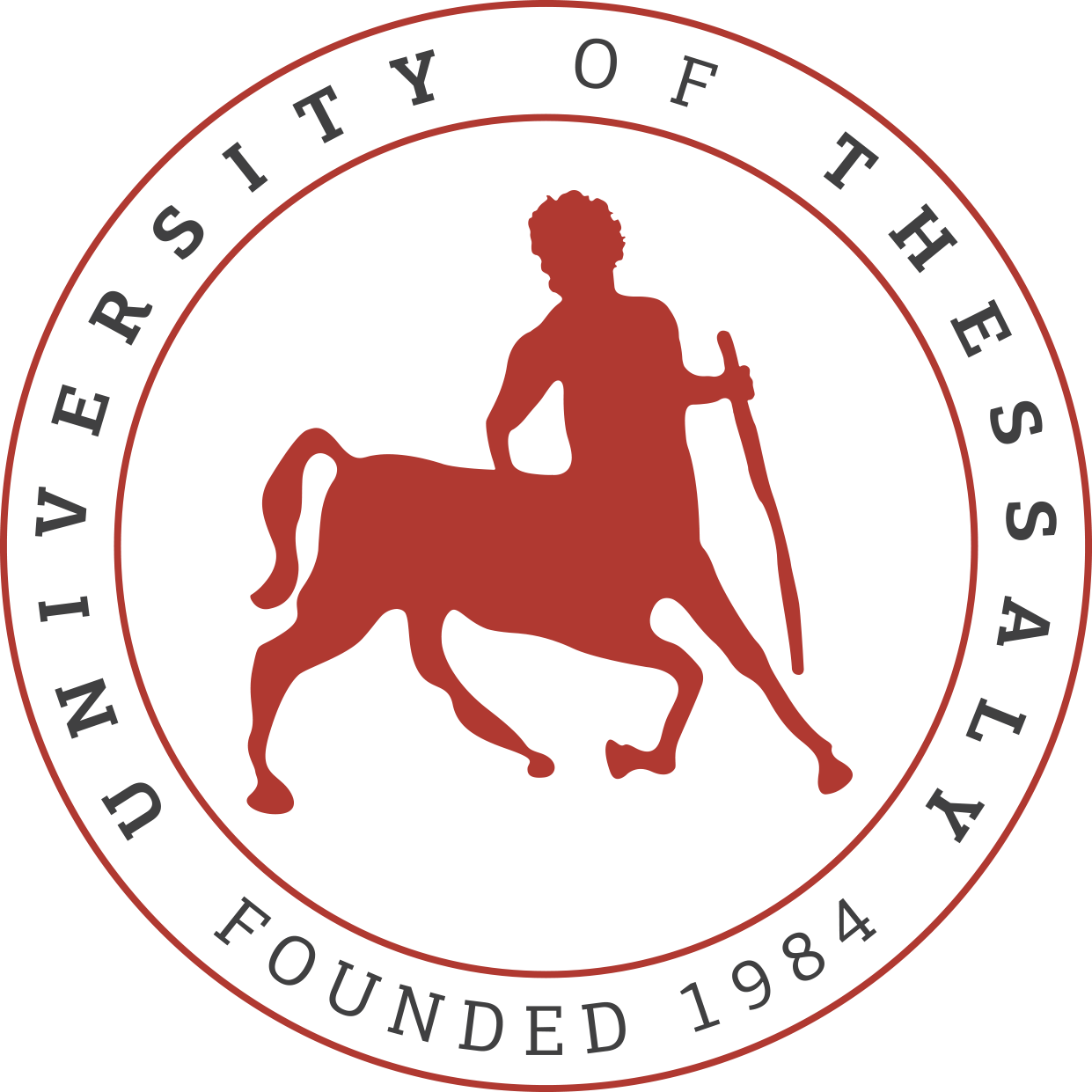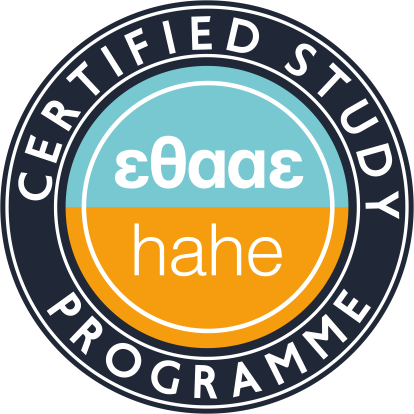Activities and Educational Material about Science and the Environment
Course Code (in greek): ΘΠ0308
ECTS Units: 5
Semester: 5
Professor: Ampatzidis Georgios
Aim: The aim of the course is to present a framework for the analysis, design and development of activities and educational material related to science and the environment, appropriate for early childhood.
Objectives: To apply fundamental science education principles and techniques to evaluate activities and educational material; to design and implement activities and educational material compatible with the evaluation criteria used in the previous stage.
Outline: Preconstructed activities and educational material are presented and discussed, in order to identify their structure and rationale. A framework for the analysis and evaluation of the material and activities is developed, taking into account science education principles. The analysis framework is applied to the material and activities, in order to help students develop and use specific criteria for their appropriateness and limitations. Consequently students use the same criteria in order to develop new, original activities and educational material about specific phenomena or concepts related to science and the environment.
Learning outcomes: During the course students are expected to
- familiarize with central aspects of designing and composing educational material about the natural world and the environment
- examine numerous educational materials to locate their advantages and disadvantages
- develop pedagogical, scientific and semiotic criteria for analyzing and evaluating educational material
- apply the aforementioned criteria in a variety of educational materials to evaluate them
- suggest and implement ways of improving the evaluated educational materials
- design teaching activities about the natural world and the environment that make use of the evaluated and improved educational materials
Assessment
Course assessment involves an assignment implemented in two stages in the course of the semester. A significant part of the assignments is implemented in the course of the weekly classroom meetings which requires students’ active contribution.


